
- Society
Ban on Nazi symbols to be introduced after all
11.04.2025 – Susanne Wenger
Responding to pressure from parliament, the federal government has proposed an immediate ban on the display of Nazi symbols and gestures in public
Only when displayed in public for propaganda or discriminatory purposes are Nazi symbols and gestures currently prohibited in Switzerland. A special bill submitted for consultation by the Federal Council at the end of 2024 now proposes that the display of Nazi symbols and gestures in public be banned completely. Anyone who breaches the ban will incur a fine of 200 Swiss francs. The bill is in response to a number of parliamentary motions challenging this gap in the law – which the Council of the Swiss Abroad (CSA) spoke out in favour of closing, at the request of one of its members, Ralph Steigrad (see “Swiss Review” 3/2022), in 2022.
“These symbols of hatred, intolerance and suffering must be eradicated completely from public life.”
The Federal Council’s bill constitutes an about-turn. Nazi symbols and salutes are “shocking” but must be tolerated as freedom of expression, the government was saying just a few years ago. Its message was that prevention is better than cure in the fight against anti-Semitism. But the situation has changed, as the Federal Council noted in its report on the bill. Nazi symbols have become more widespread in public, particularly since the 7 October 2023 terror attack on Israel and the beginning of the war in Gaza. Switzerland has seen a proliferation of anti-Semitic incidents, ranging from swastika graffiti to physical assaults on Jews.
Jans – society must take a stand
According to the Federal Council, Nazi symbols and gestures are synonymous with fascist tyranny, the Holocaust, and the persecution of minorities. “These symbols of hatred, intolerance and suffering must be eradicated completely from public life,” Justice Minister Beat Jans told the media, adding that society must now take a stand. Besides obvious Nazi symbols and gestures like the swastika or the Nazi salute, Jans explained that the ban would also cover far-right codes such as “18” and “88”, but only in relevant contexts. Exceptions would apply to the educational, academic, artistic and journalistic spheres. Existing religious symbols, such as those similar to the swastika in Hinduism, would also be exempt from the ban.
The Aargau Centre Party member of the Council of States, Marianne Binder, is the parliamentarian who has been advocating zero tolerance on Nazi symbols from the outset. She welcomes the Federal Council’s bill and has told “Swiss Review” that glorifying or playing down Nazism and its “sickening ideology” is unacceptable in any country governed by the rule of law. The use of fines is a “quick and effective measure” in her view, although 200 francs is “too lenient”. Binder, whose grandmother Paulina Borner provided refuge to Jewish refugees at Hotel Rosenlaube in the town of Baden during the Second World War, believes that offenders should also be made to brush up on their history in addition to paying fines. By banning Nazi symbols, Switzerland would be setting an example “at a time when autocracy is back in fashion”.
Consultations on the special bill finished at the end of March, after the editorial deadline of this edition of “Swiss Review”. Once all comments have been evaluated, the Federal Council intends to bring the bill to parliament. Later, it wants to extend the ban to other symbols that are racist, glorify violence or are extremist, as parliament has demanded. Narrowing down the terms of this second step is likely to prove harder. Justice Minister Jans says that the government has prioritised the ban on Nazi symbols as a matter of urgency, to allow for quick implementation.
Museum for a hero
Carl Lutz, Swiss Vice-Consul in Budapest, issued protective passports and diplomatic letters of protection to tens of thousands of Jews during the Second World War, saving these people’s lives in the process (see “Swiss Review” 3/2023). He was rebuked by the authorities after returning to Switzerland, but his heroic acts have since been given the recognition they deserve. To commemorate the 50th anniversary of Lutz’s death, a museum in the diplomat’s honour opened in February at his birthplace of Walzenhausen in the canton of Appenzell Ausserrhoden. The exhibition – sponsored by the municipality of Walzenhausen as well as the Gamaraal Foundation and a local company called Just – is scheduled to run until the end of 2025. A decision is due later on whether it can become a permanent fixture. (SWE)
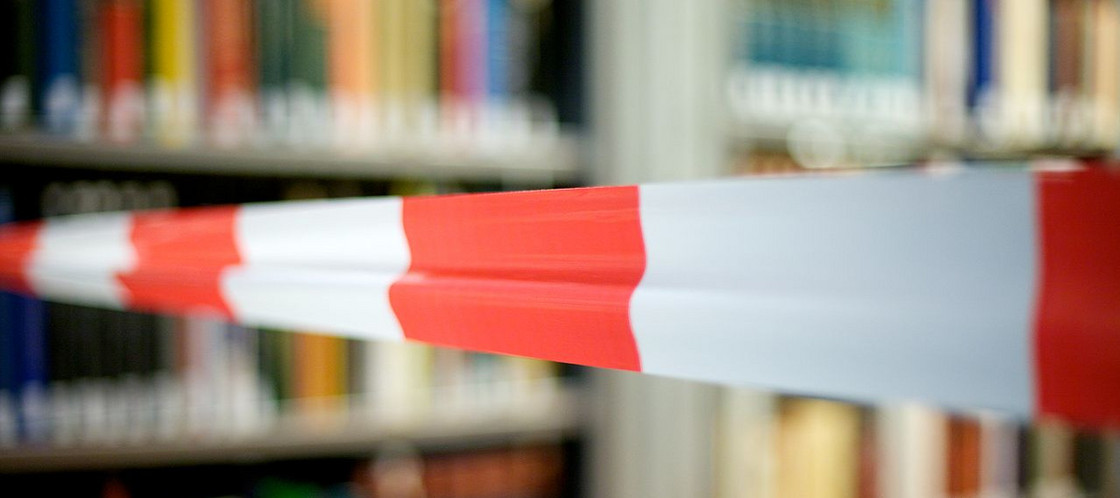
Photo: Sebastiaan ter Burg, Wikimedia Commons



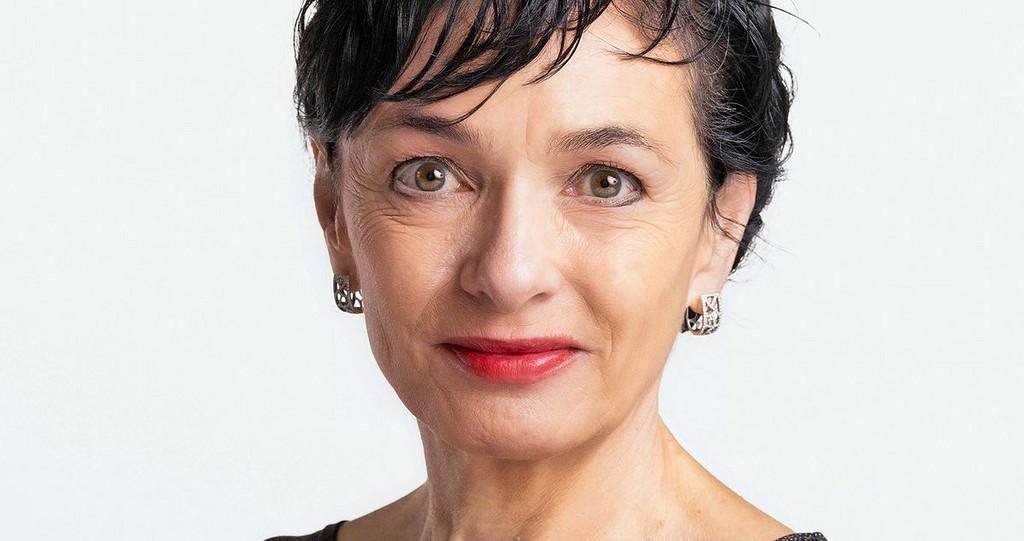
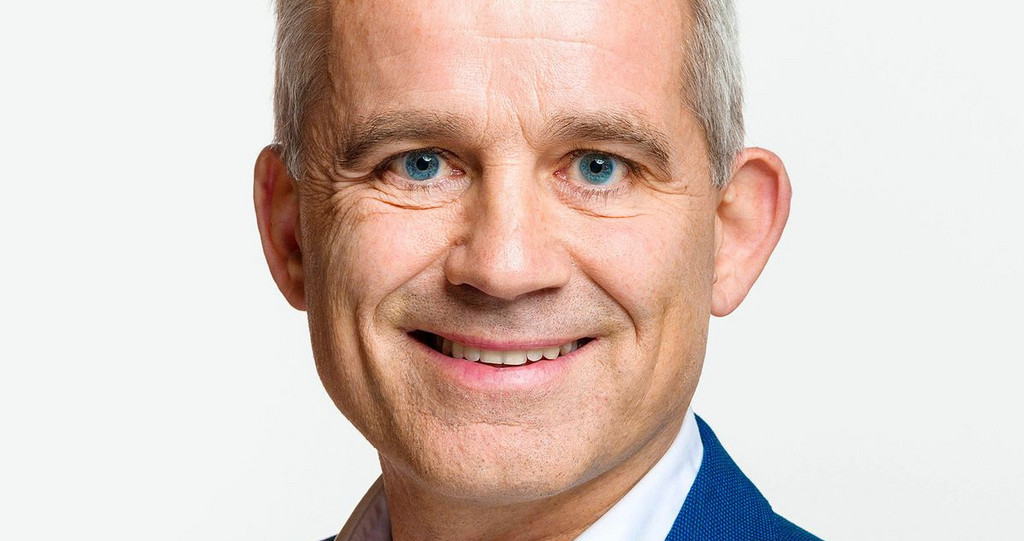
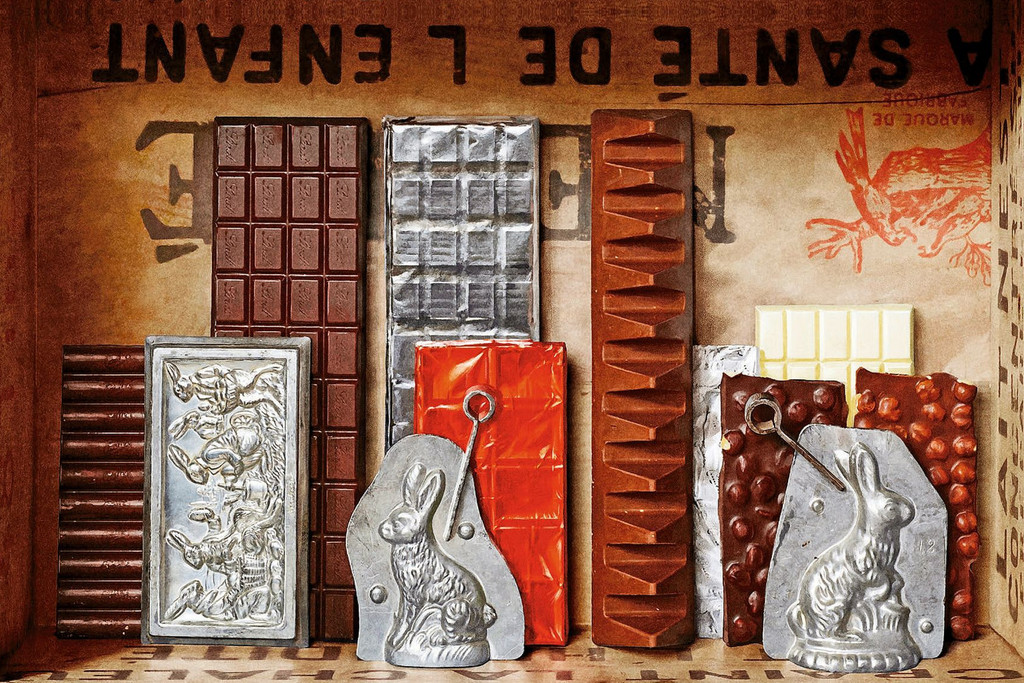
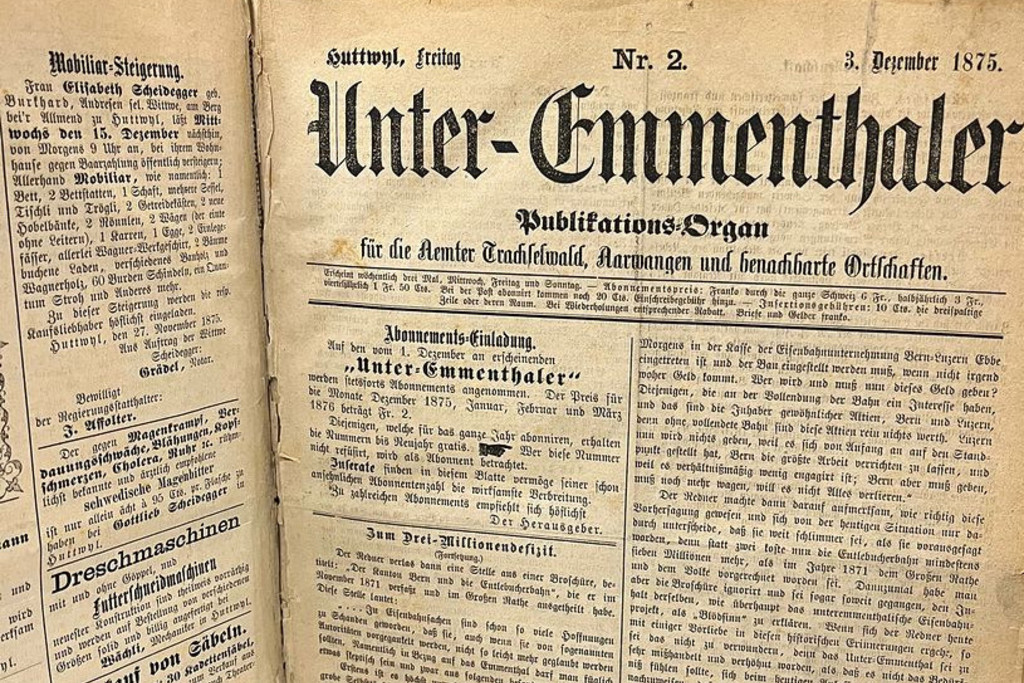






Comments